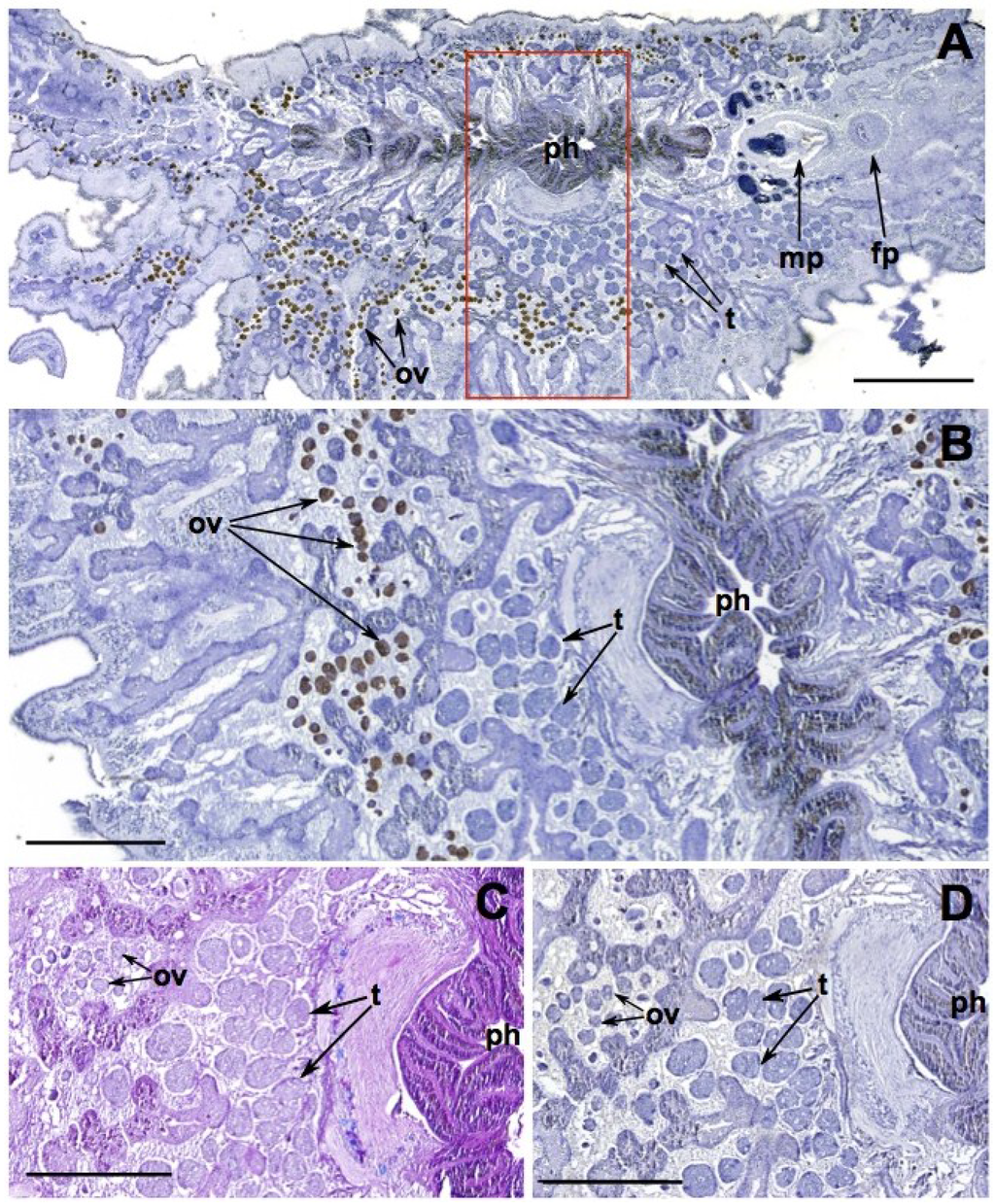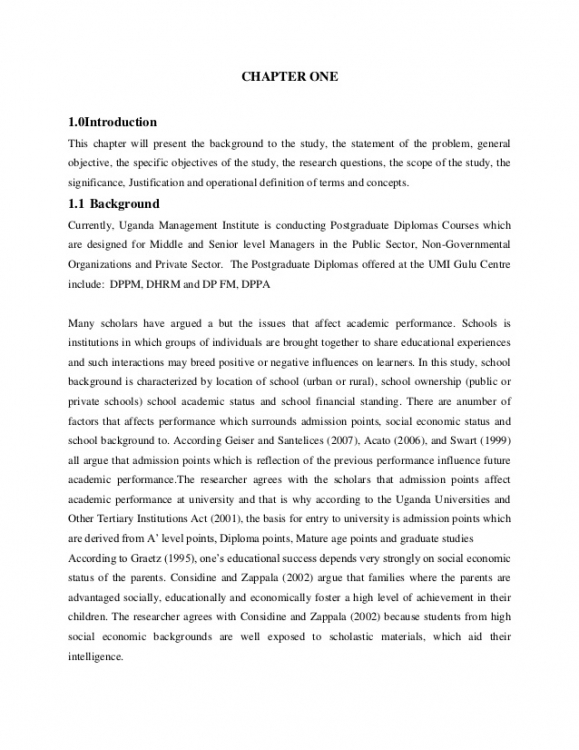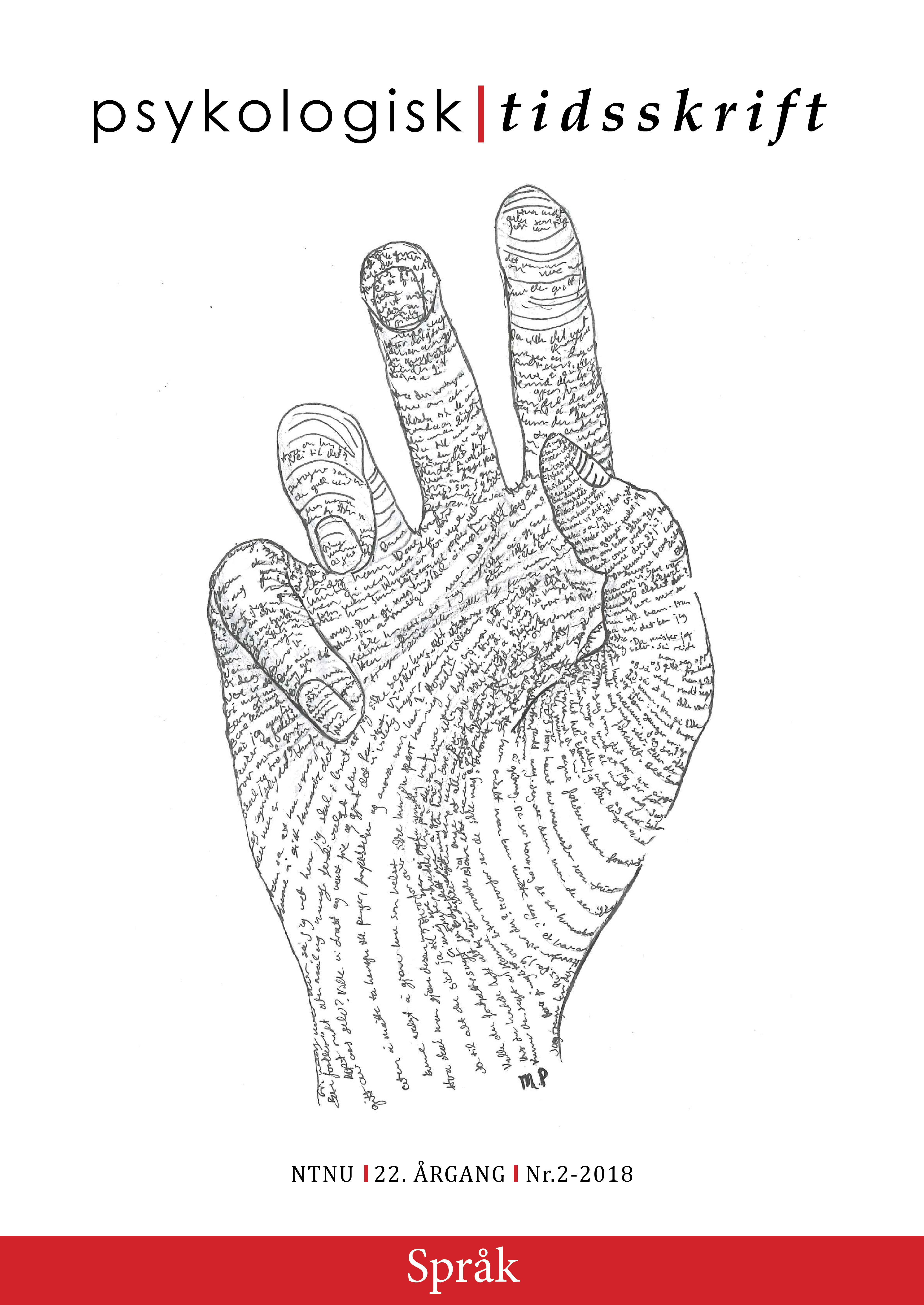Writing Booster - Expanded Noun Phrases - Description.
Step 5: Year 4 Using Expanded Noun Phrases Homework Extension provides additional questions which can be used as homework or an in-class extension for the Year 4 Using Expanded Noun Phrases Resource Pack and are differentiated three ways.
Some of the worksheets displayed are Noun phrases work, Expanded noun phrases work 3, Expanded noun phrases work 1 phrase is when a word is, Expanded noun phrases and verbs to describe an, Chapter 4 the noun phrase, Noun phrases 1, Functional perspective of the noun phrase, T he n oun p hr as e. Once you find your worksheet.

You can use expanded noun phrase examples in everyday situations and when describing almost anything. Challenge your children to use describing words (adjectives) to create expanded noun phrases when talking, e.g. 'the tall, wooden gate' or 'a warm, milky hot chocolate'.

In their most simplistic form, when taught in Year 2, expanded noun phrases are made up of one noun and at least one adjective. If more than one adjective is used to describe the noun, they are usually separated by a comma.

Expanded noun phrases tell you more about the noun. Find out more in this Bitesize Primary KS2 English guide.

Free Year 3 Noun Phrases Homework Extension with answers for Year 3 Autumn Block 1. National Curriculum Objectives English Year 2: (2G3.2) Learn how to use expanded noun phrases to describe and specify (for example, the blue butterfly, plain flour, the man in the moon).

Step 1: Free Year 5 Recognising Noun Phrases Homework Extension Year 5 Spring Block 2. Free Year 5 Recognising Noun Phrases Homework Extension provides additional questions which can be used as homework or an in-class extension for the Free Year 5 Recognising Noun Phrases Resource Pack.These are differentiated for Developing, Expected and Greater Depth.

Expanded noun phrases. Fronted Adverbials. SPAG- TES. Website All the SPAG resources on the TES. Grammar for Year 6 -Hamilton Trust. Website Exercises to help Year 6 with the new focus on grammar and punctuation in the English SATs tests. Year 6 SPAG revision powerpoint 5 minute activities-TES.

Expanded Noun Phrases Answers Expanded Noun Phrases 2 Answers Read the following sentences. Underline or circle the expanded noun phrase in each sentence. 1. The brightly-coloured parrot flew through the canopy. 2. After his lunch, Harold ate a sweet, delicious chocolate brownie. 3.

Developing Improve sentences by creating expanded noun phrases at the indicated points with the use of an adjective word bank. Expected Improve sentences by creating expanded noun phrases at the indicated points. Children are encouraged to add multiple adjectives at each point.

Phrases that characterize or support a noun. Phrases that typically include the verb ''be'' Create Your Account To Take This Quiz. As a member, you'll also get unlimited access to over 79,000.

A fronted adverbial is when the adverbial word or phrase is moved to the front of the sentence, before the verb. So here, 'earlier today' is a fronted adverbial.. What is an expanded noun.

Steps to Success Watch this video of Victorian children's diary entries. What should you include in your diary entries? Independent Activity Imagine you are a Victorian child living in Blackburn. You are going to write a diary entry describing what you did yesterday. You will.



